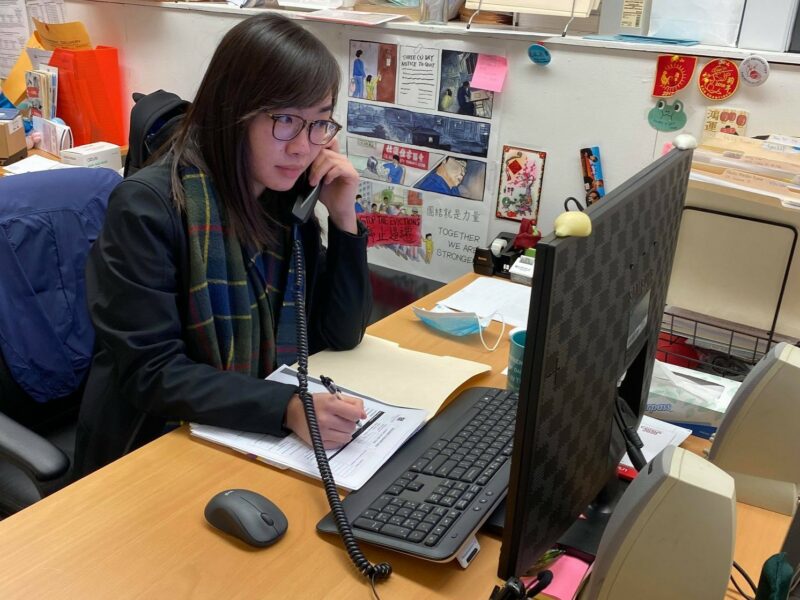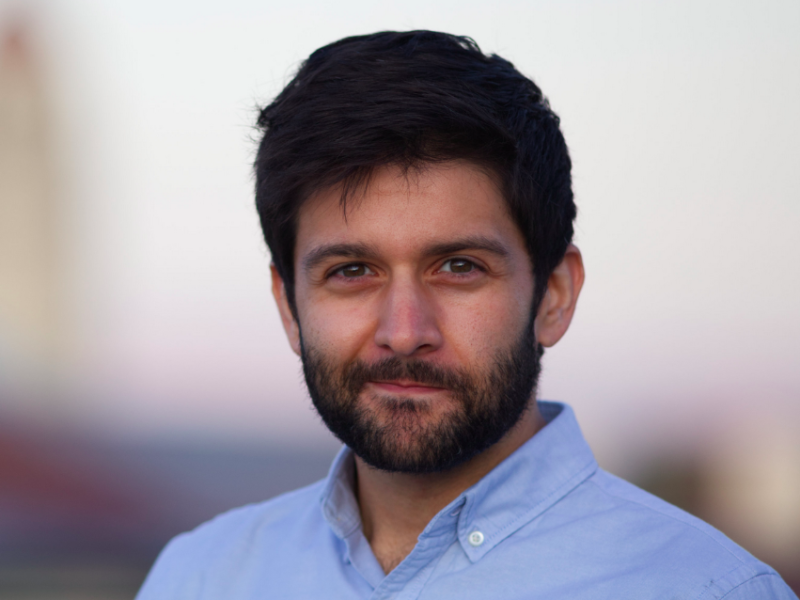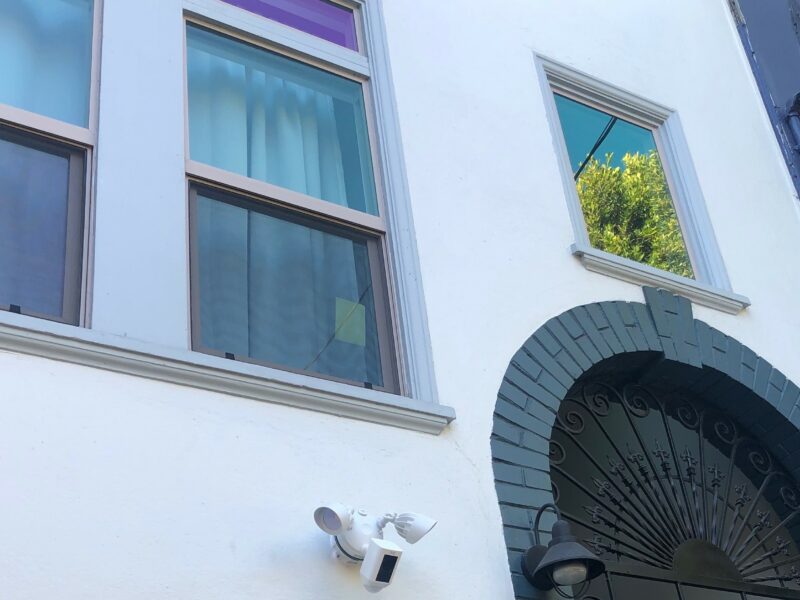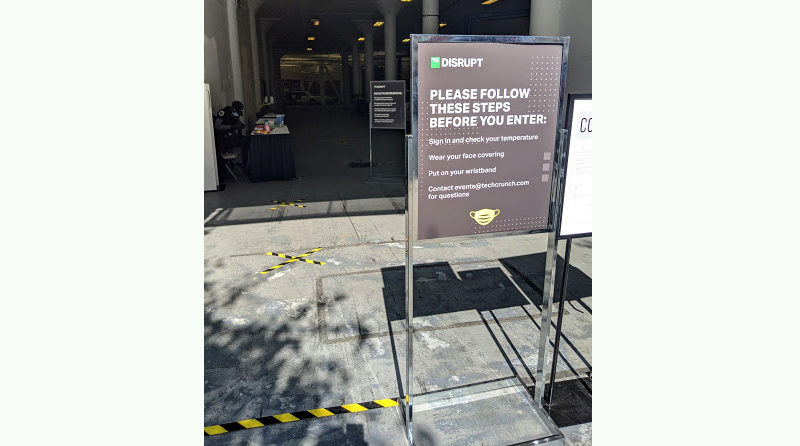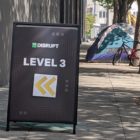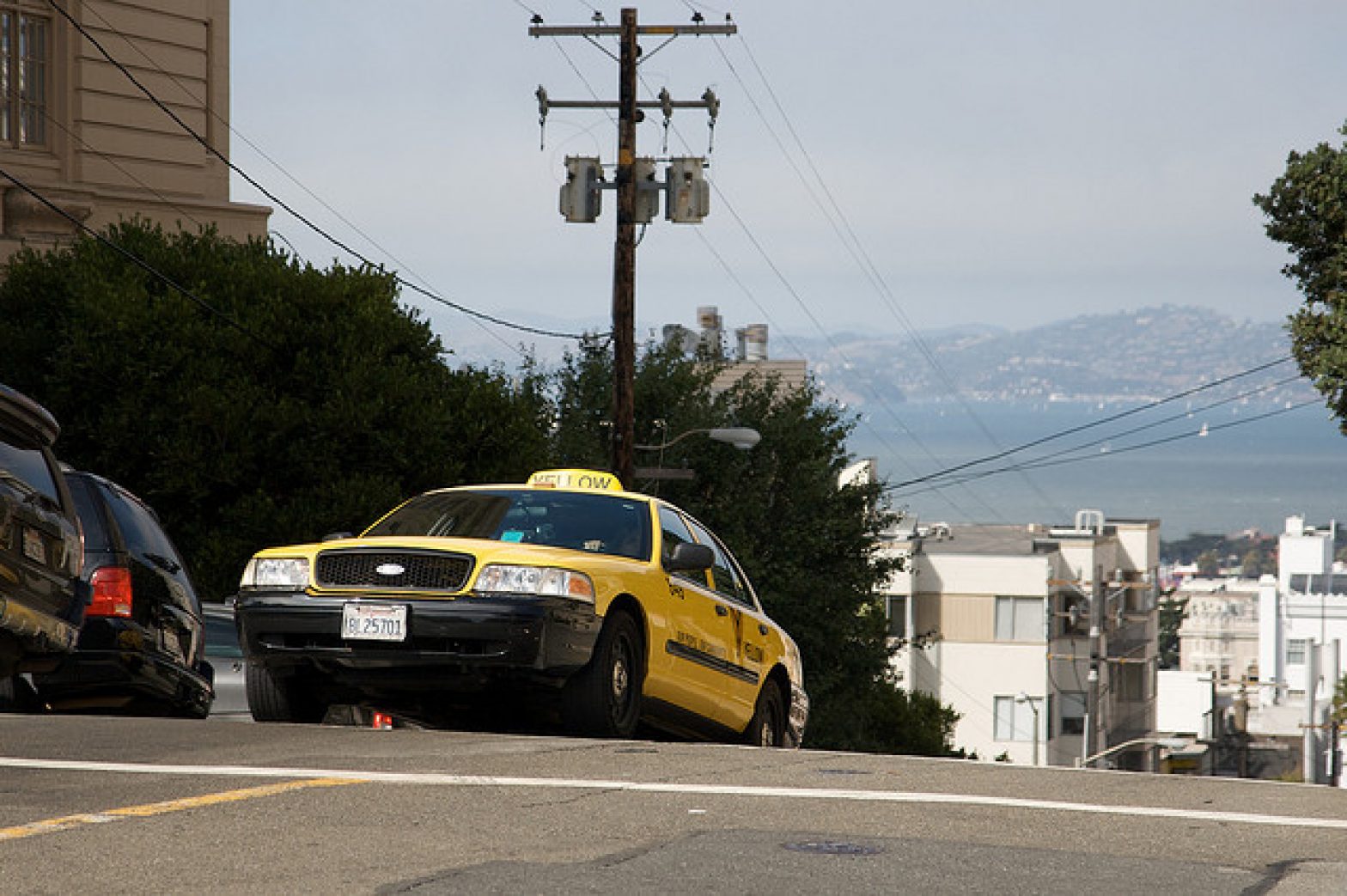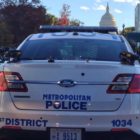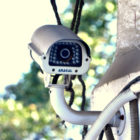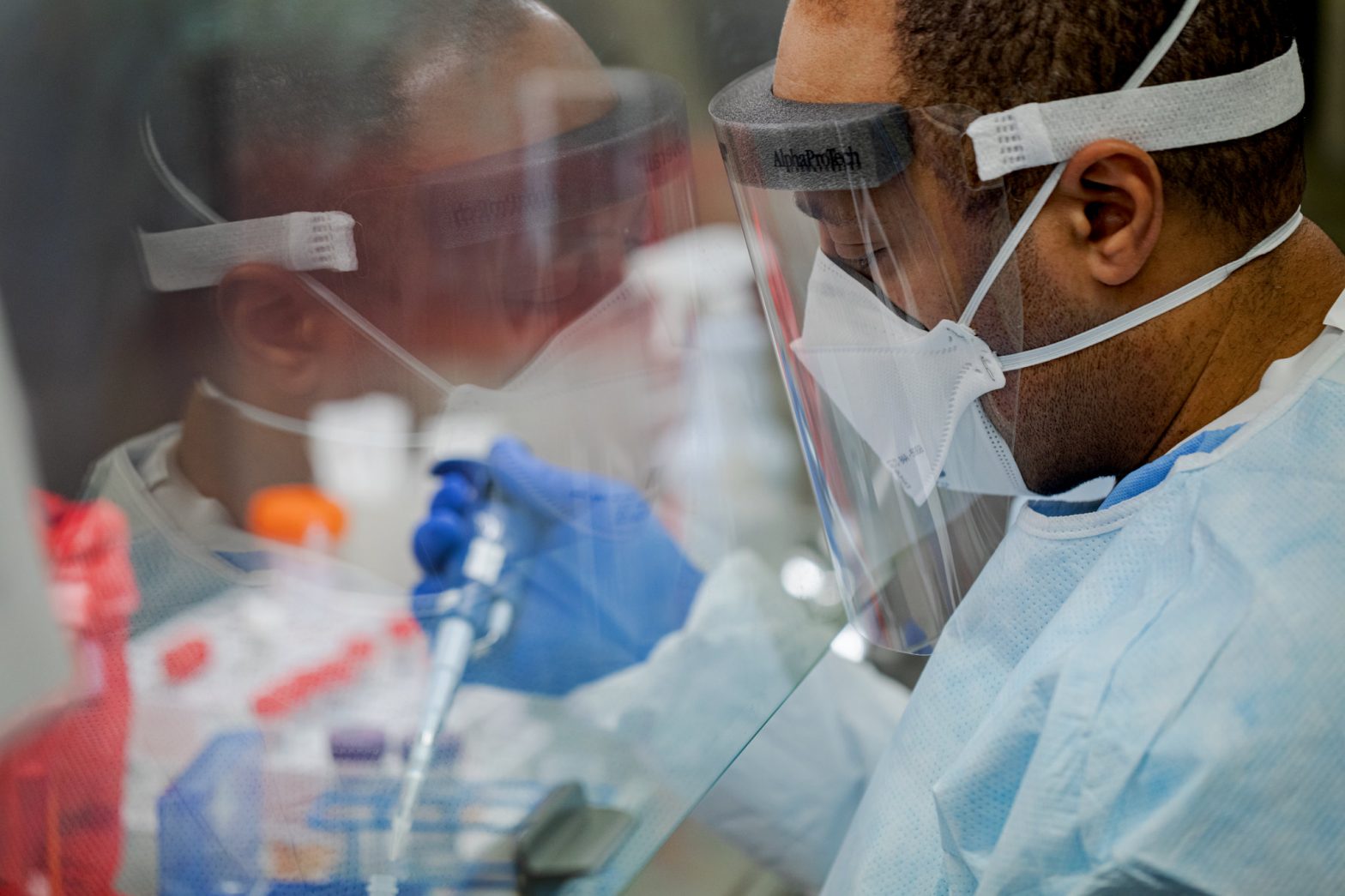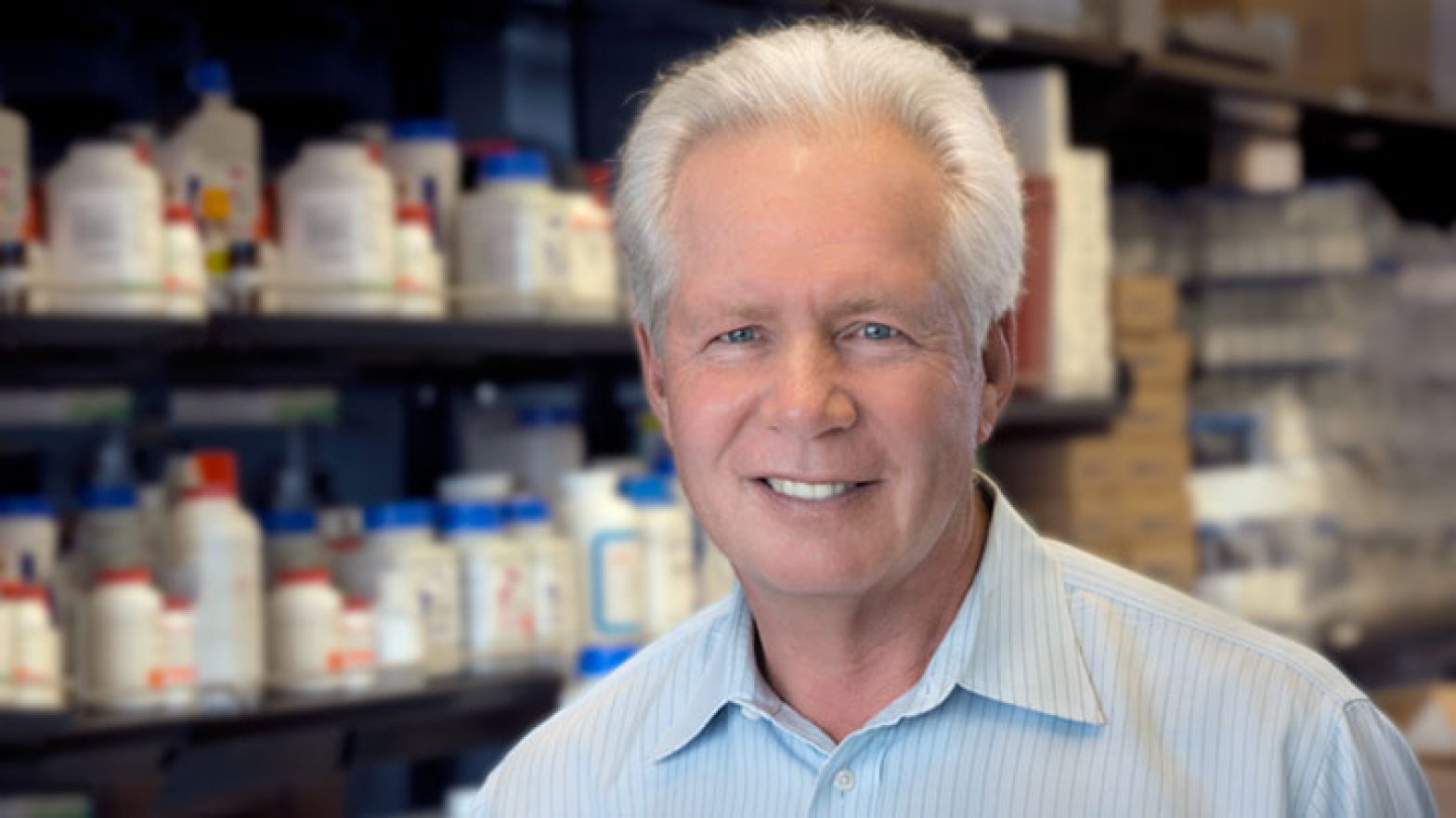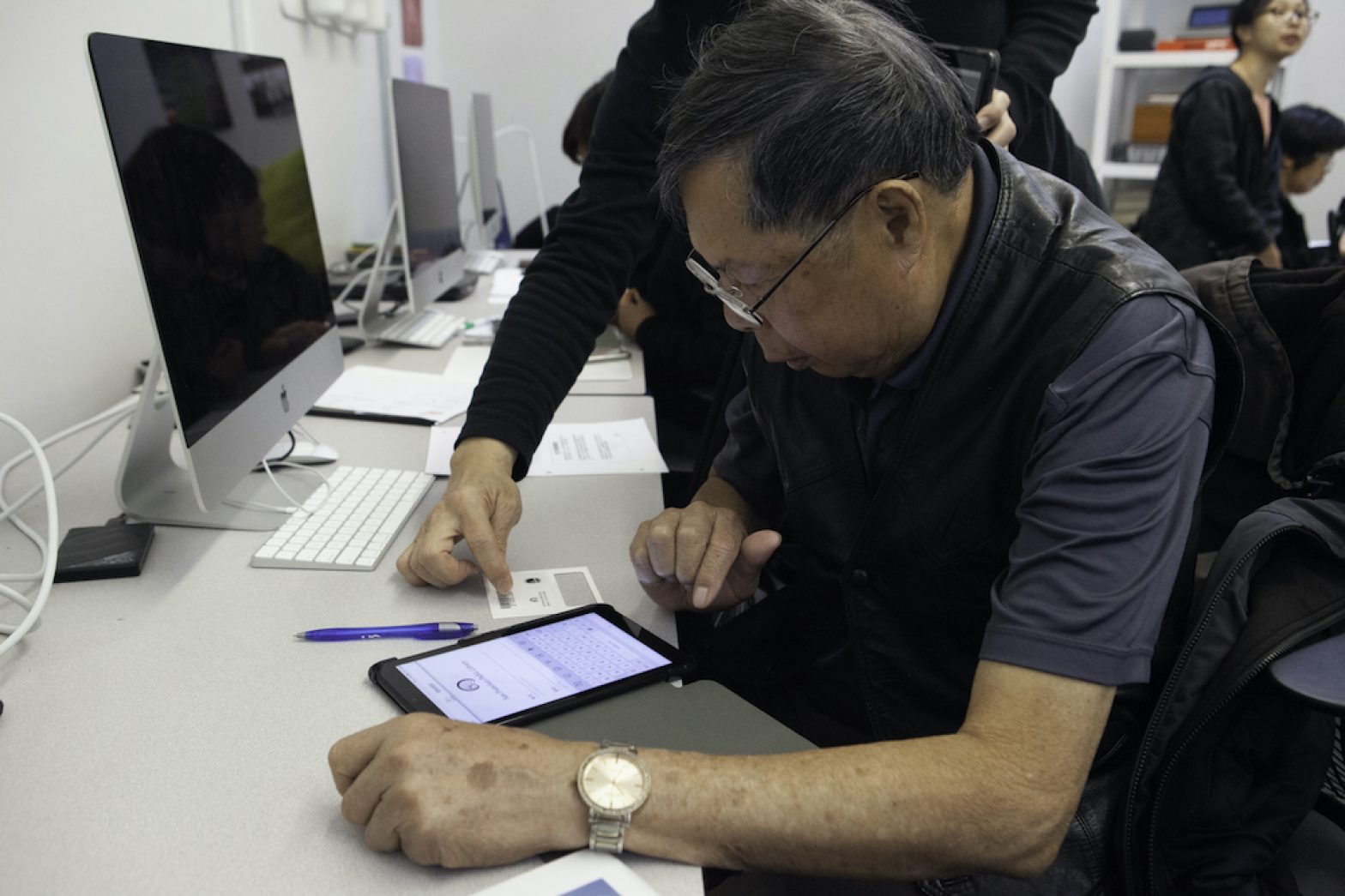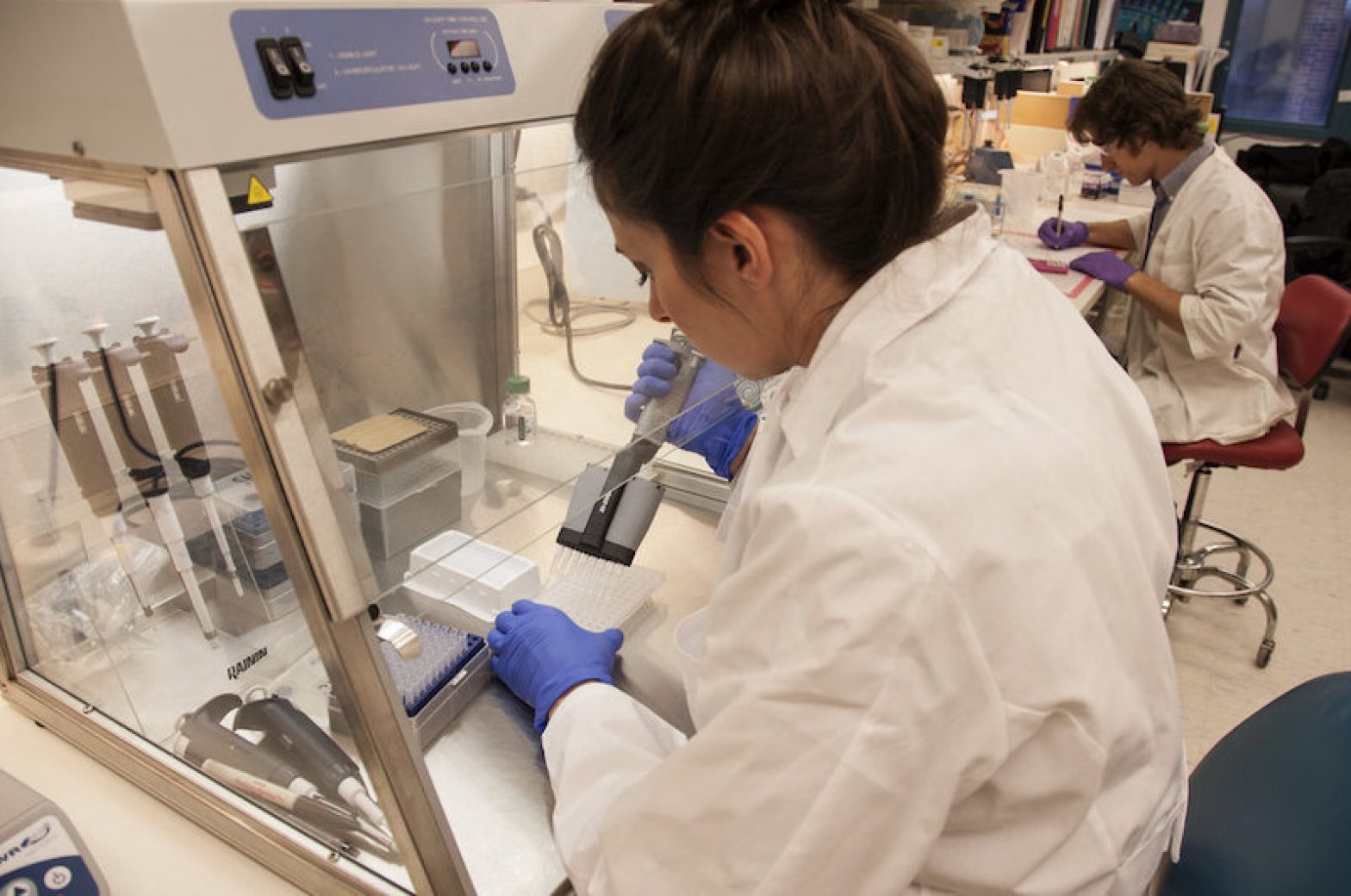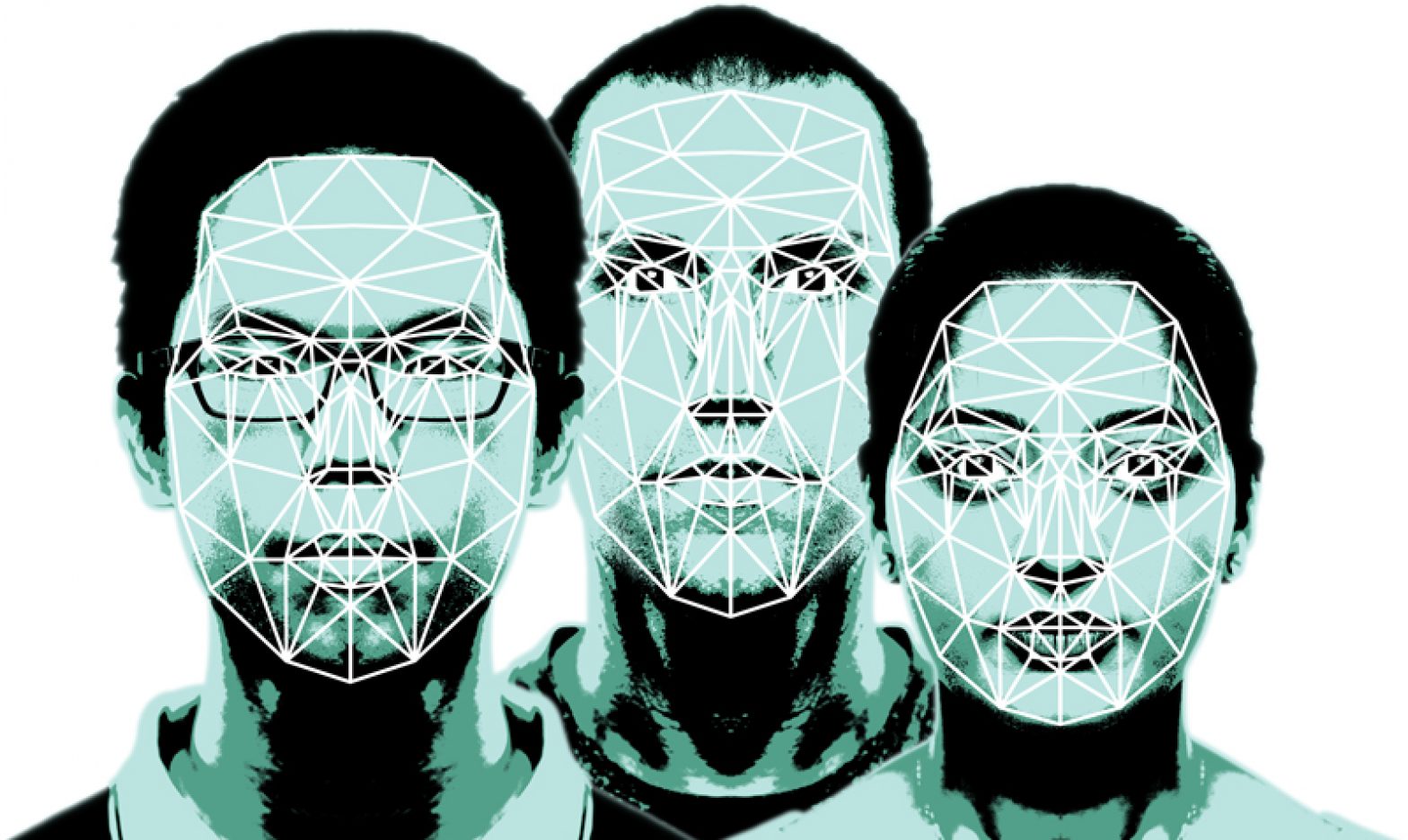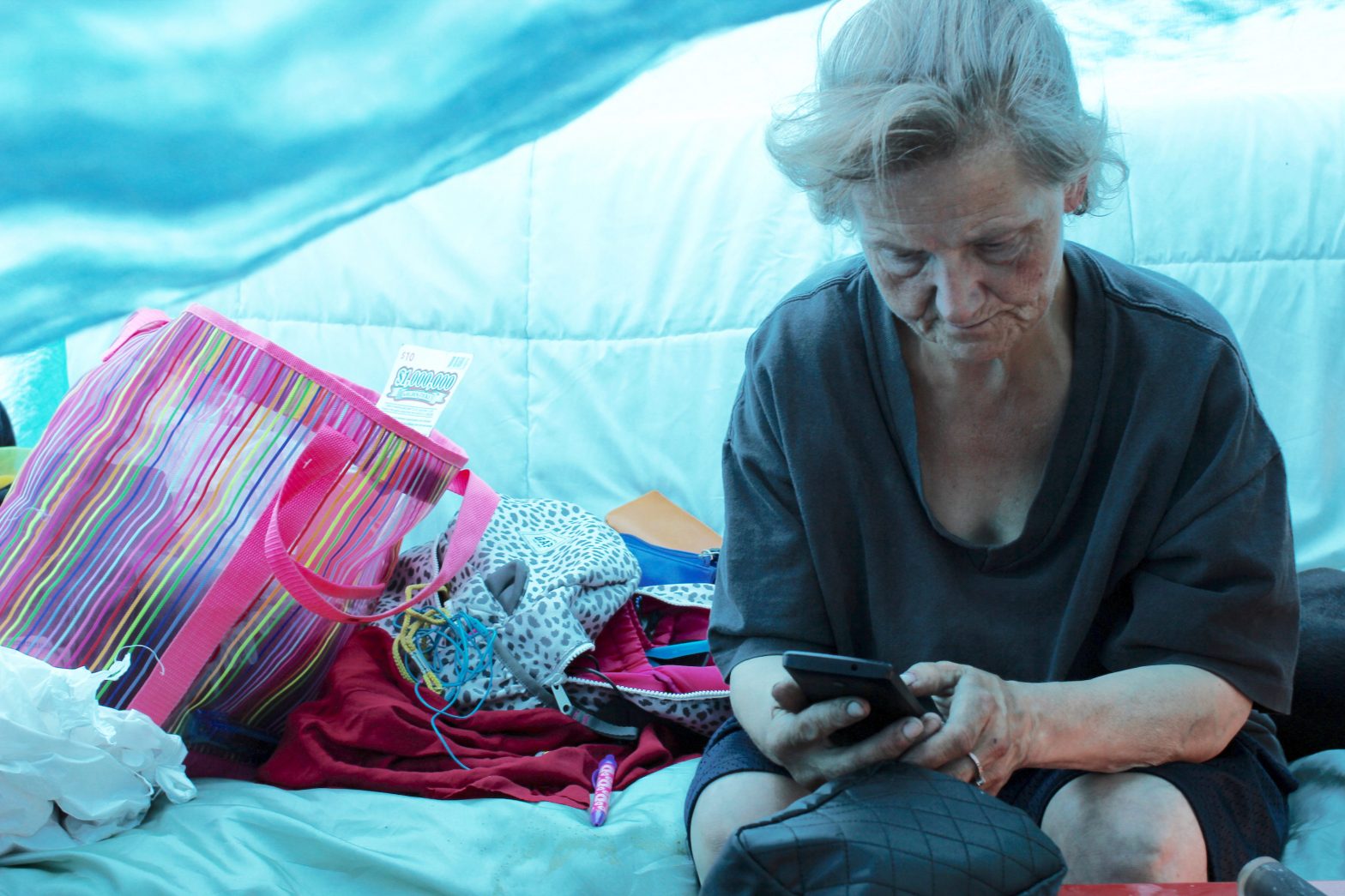Cities in Northern California are increasingly adopting artificial intelligence-powered translation tools in an effort to make public meetings more accessible to residents who are not proficient in English. The technology could address obstacles to access in San Francisco, where people can struggle to obtain city-provided interpreters.
Should San Francisco consider following San Jose, Modesto and others in adopting AI translation? City officials say no, and some community groups are wary but open to the possibility.

